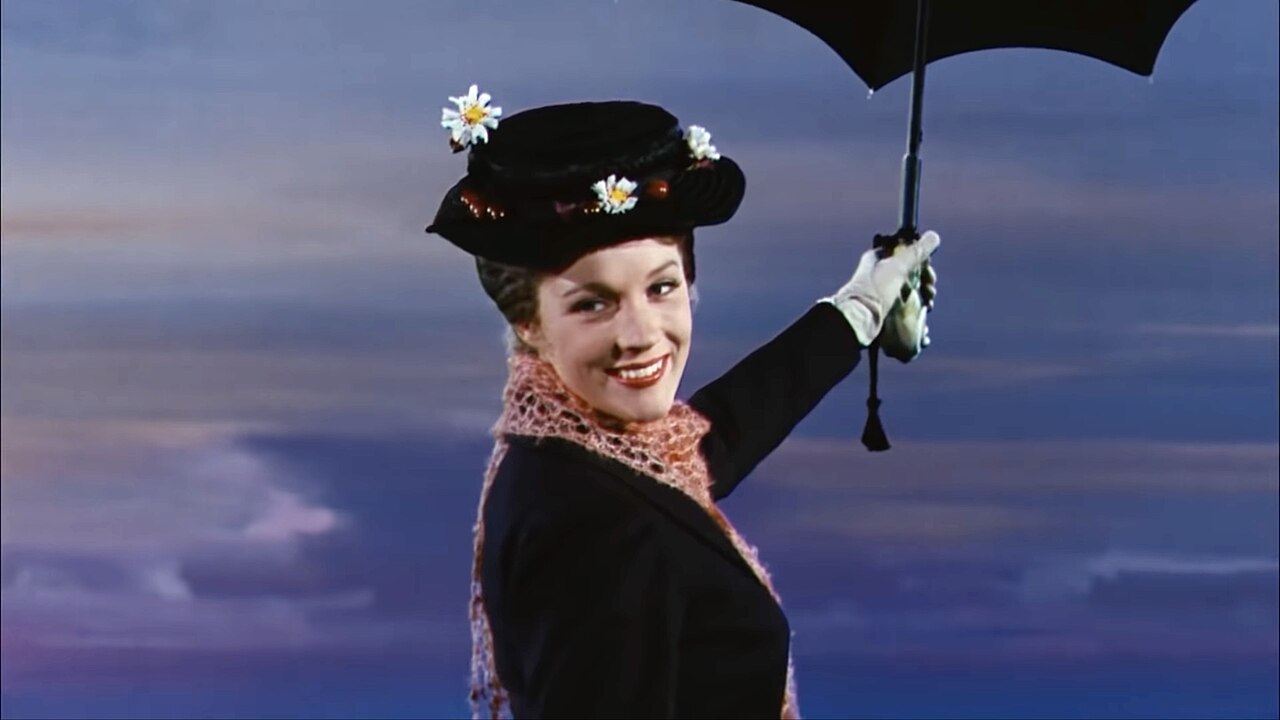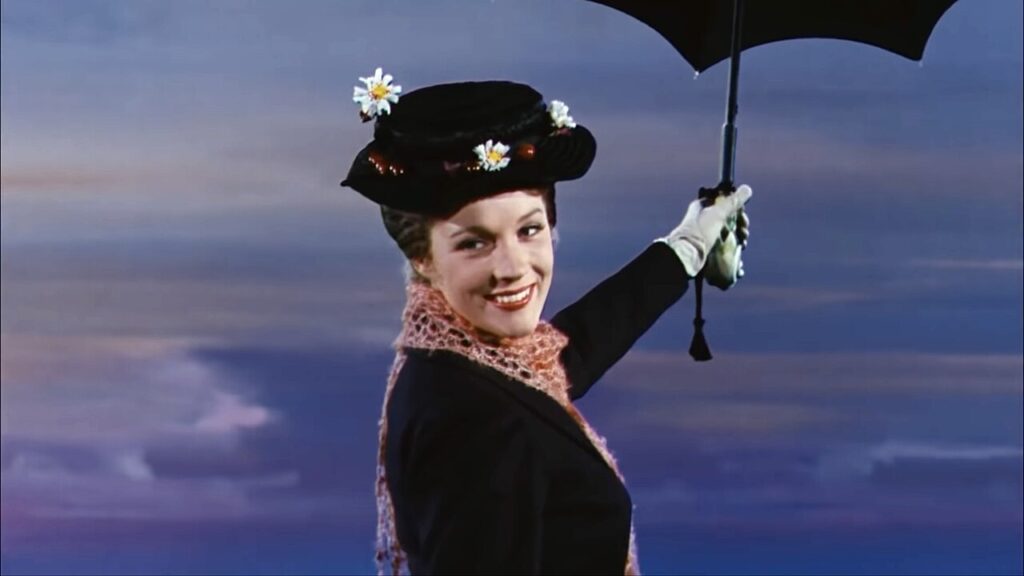
By Ng Kwan Hoong
“A spoonful of sugar helps the medicine go down,
The medicine go down-wown,
The medicine go down.
Just a spoonful of sugar helps the medicine go down
In a most delightful way.”

As a child, when I was sick, I waged a constant battle with bitter medicine. My mother, ever patient, would coax and cajole, but I resisted with all the stubborn strength a little boy could muster. At last, after much struggle, the dreaded potion went down—never alone, but always followed by a sweet stream of honeyed water. Occasionally, there was a toy after much haggling. I didn’t realise it then, but my mother was teaching me something profound: even life’s bitter moments can be made bearable with a touch of tenderness.
It reminds me now of Mary Poppins’ “spoonful of sugar” — a poetic way of saying that a little grace, joy or kindness can lessen the difficult things in life. In today’s fast-paced world, where families rush through routines and beat deadlines, the whimsical wisdom of Mary Poppins feels like a much-needed pause. Her world may be one of flying umbrellas and magic carpets, but her lessons are rooted in something very real. What if, instead of gadgets or the latest parenting hacks, what our children truly need is what she brings: imagination, kindness, and just a spoonful of fun?
“In every job that must be done, there is an element of fun. You find the fun, and — snap! — the job’s a game.” A line like that may seem quaint in a world of schedules and checklists, but it reminds us of the transformative power of imagination. In Mary’s world, a walk in the park becomes an adventure, and cleaning the nursery turns into a cheerful game.
Children (and some adults too) live richly in the world of make-believe. Rather than pulling them out of it too soon in the name of discipline or “growing up,” perhaps we should join them there. Dream with them. Build rocket ships out of cardboard boxes. Tell bedtime stories that go off-script. There is wonder in the simplest things, if only we allow space for it.
Mary Poppins also shows us that discipline doesn’t have to come with frowns and raised voices. Her spoonful of sugar is not about indulgence; it’s about balance. She teaches responsibility, but with humour and gentleness. Instead of scolding or endless nagging, what if we tried a playful tone, a wink, a song? Children remember how they were made to feel. Lessons delivered with warmth tend to stay longer.
One of the most touching moments in the film is when Mr. Banks, the overworked father, learns that no amount of success can replace time with his children. That message is more urgent now than ever. In addition to food, shelter and education, children need something else: our presence. They need parents who listen with genuine interest, who laugh and cry and play with them, who show up not just physically, but emotionally. The kite-flying scene at the end is not about the kite. It’s about togetherness, about coming home.
The beauty of Mary Poppins lies in how she makes the ordinary magical. Tea parties on the ceiling, carousel rides and playful songs; all of them show how simple joys can brighten a child’s world. We, too, can find delight in small things. A walk after dinner. Cooking together. Watching cartoons. Praying side by side. Telling stories from our own childhood. These quiet, shared moments often become the ones our children remember most. I still recall the bedtime tales my parents and auntie read to me, their voices soft and familiar, turning even the darkest nights into something safe.
What also stands out is how Mary Poppins treats children not as lesser beings, but with dignity. She speaks to them with clarity and respect, never belittling or underestimating their feelings. Do we, as parents, take time to listen not just to our children’s words, but to their hearts? Are we giving them space to express themselves, to ask questions, to simply be? Children grow up with confidence when they feel seen and heard.
And perhaps the most enduring lesson of all: Mary Poppins doesn’t fix the Banks family with magic. She helps them change their perspective. We don’t need magical umbrellas or talking animals to transform our homes into places of warmth and love. We just need to bring a little attention, a little softness, a little joy into our everyday routines. That is the spoonful of sugar.
“Anything can happen if you let it,” she reminds us. The medicine of life, including its rules, challenges and fatigue, will always be there.
But how it goes down… that part is up to us.

The author is an Emeritus Professor of Biomedical Imaging at the Faculty of Medicine, Universiti Malaya















